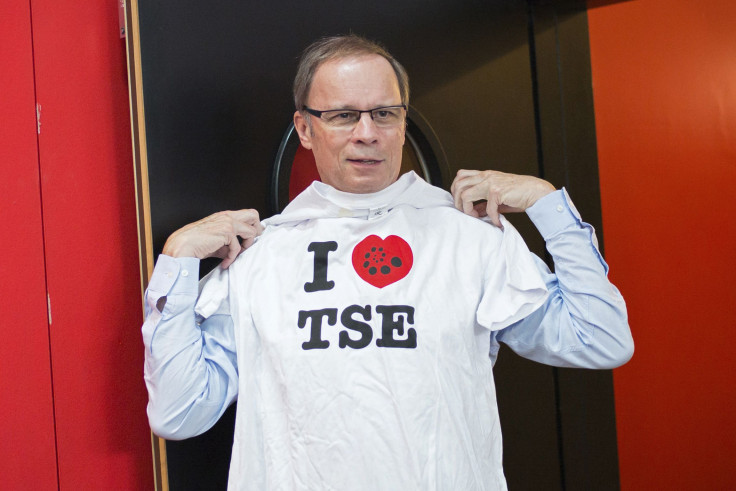Nobel Prize Winner Jean Tirole: Four Reasons Why He Won The Prize

Jean Tirole won the 2014 Nobel Prize in Economics for his work on the dynamics of industries and how to regulate them. The Royal Swedish Academy of Sciences said it was for Tirole’s work on “taming powerful firms,” and the “analysis of market power and regulation.”
The 61-year-old economist and his colleague Jean-Jacques Laffont first began publishing their theories on regulation in the mid-1980s, when most economic theories were based off textbook situations that didn’t always apply in real life. Tirole sought to apply economics to real life, and in doing so, he advanced contract theory, game theory and proposed new theories on regulation.
Much of Tirole’s work is on regulation in industries that lack healthy competition such as transportation and utilities. A lack of competition means regulators can’t see how providers decide how to price their services and so cannot regulate them properly. This imbalance is called information asymmetry: Regulators in these industries do not have the complete knowledge of how hard the producers have to work and how much they have to spend to provide adequate services.
Below are four reasons why Tirole was honored.
1. He developed critical tools for future economists and regulators. Tirole’s work is highly mathematical, but it offers solutions to regulatory issues. For example, Tirole and Laffont argued that if the producer maximizes output, the regulatory body is likely to tighten regulations to curb the producer. To avoid this, the producer can hold itself back so the regulator will impose less restrictive rules on it. How do regulators make sure producers aren’t doing this to stave off regulation? Tirole suggested that regulators draw up a number of viable contracts with different conditions. The producer enters the contract that best suits its economic interests, which will inform the regulator on the nature of the producer’s business. He suggested regulators take into account that producers will try to use information asymmetry to their advantage when drawing up these contracts. He made advances in two-sided market strategies.
2. Tirole applied game theory to regulation and oligopolies. Game theory is a complex model made to predict the decisions of independent entities in context of their peers. It says that a person or business will take into account the actions of its peers in its decision making. The Nobel committee awarded the economics prize to the recognized founders of game theory in 1994 and have since awarded economists who apply the theory to individual industries.
3. Tirole’s theories apply across many fields. Although his work is largely focused on microeconomic interactions, it applies itself across many economic fields, said Dr. Mark Calabria at the Cato Institute, a Washington, D.C., economic think tank. Calabria pointed out that some economists, such as John Nash, won their prizes for major breakthroughs, while Tirole won his for providing a consistent, reliable body of work. He wrote dozens of papers, but didn’t always “re-invent the wheel,” said Calabria. He proved that his theories of regulation held weight across unique industries.
4. His theories proved to be extremely relevant in the modern age. Tirole may have written much of his influential work in the 1980s, but his theories on regulating monopolies and oligopolies remain relevant today. The digital age has birthed a number of new industries, many dominated by one or a handful of firms, as Quartz points out. Microsoft, Google and your favorite Internet providers all must be regulated, and Tirole’s theories offered governments insight about how to do so. His name came up repeatedly in the wake of the financial crisis of 2008 and is often brought up in discussions of net neutrality. He's the 11th most cited person in on economics.
Jean Tirole currently the 11th most cited person on economics according to @stlouisfed (Research Papers in Economics) http://t.co/t0PPGvJuYO
— The Nobel Prize (@NobelPrize) October 13, 2014Tirole’s text The Theory of Industrial Organization is still the standard in advanced undergraduate and graduate programs across the country more than 27 years after it was first published. Industrial organization examines the relationships between individual firms and the industry in which they operate.
© Copyright IBTimes 2025. All rights reserved.






















